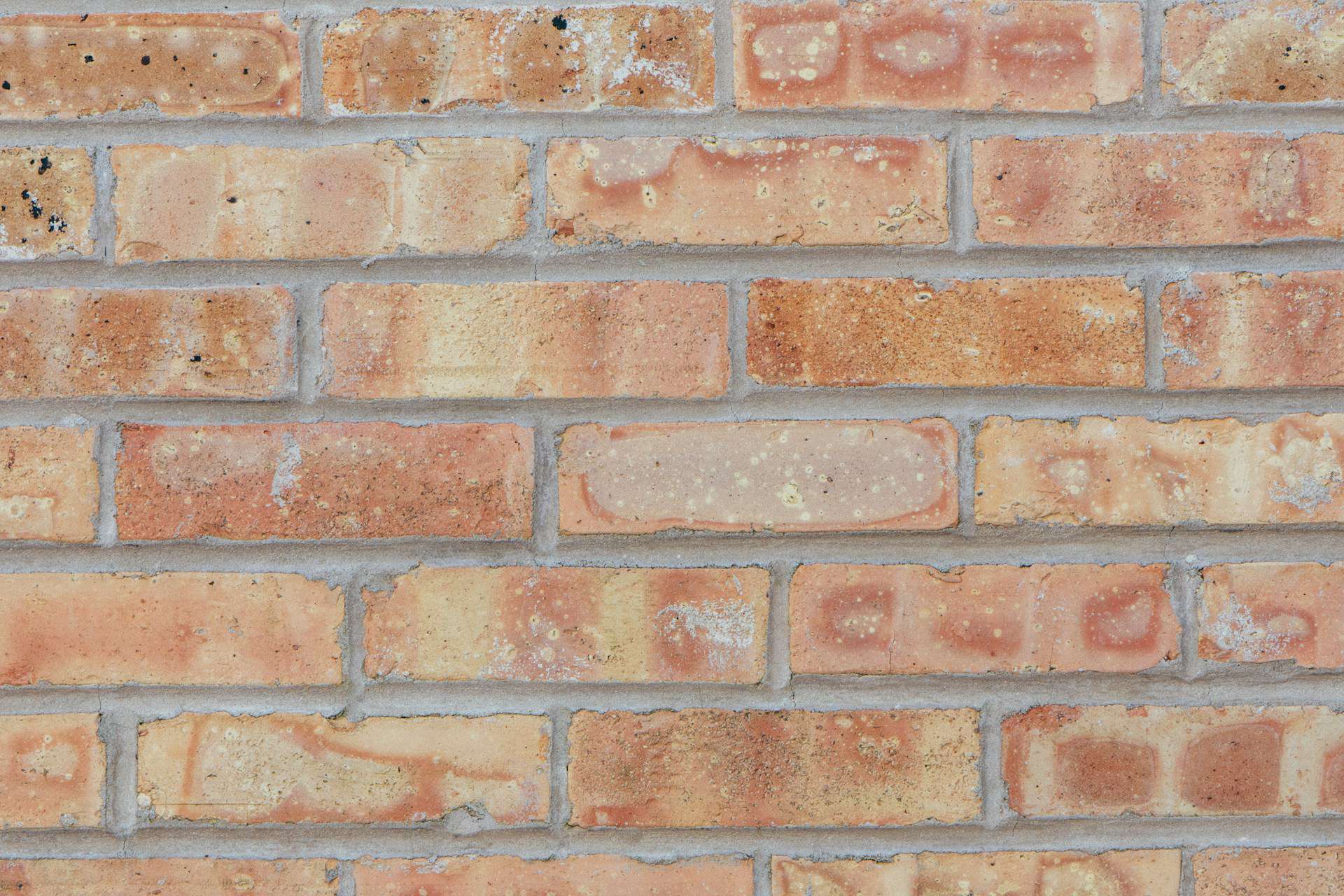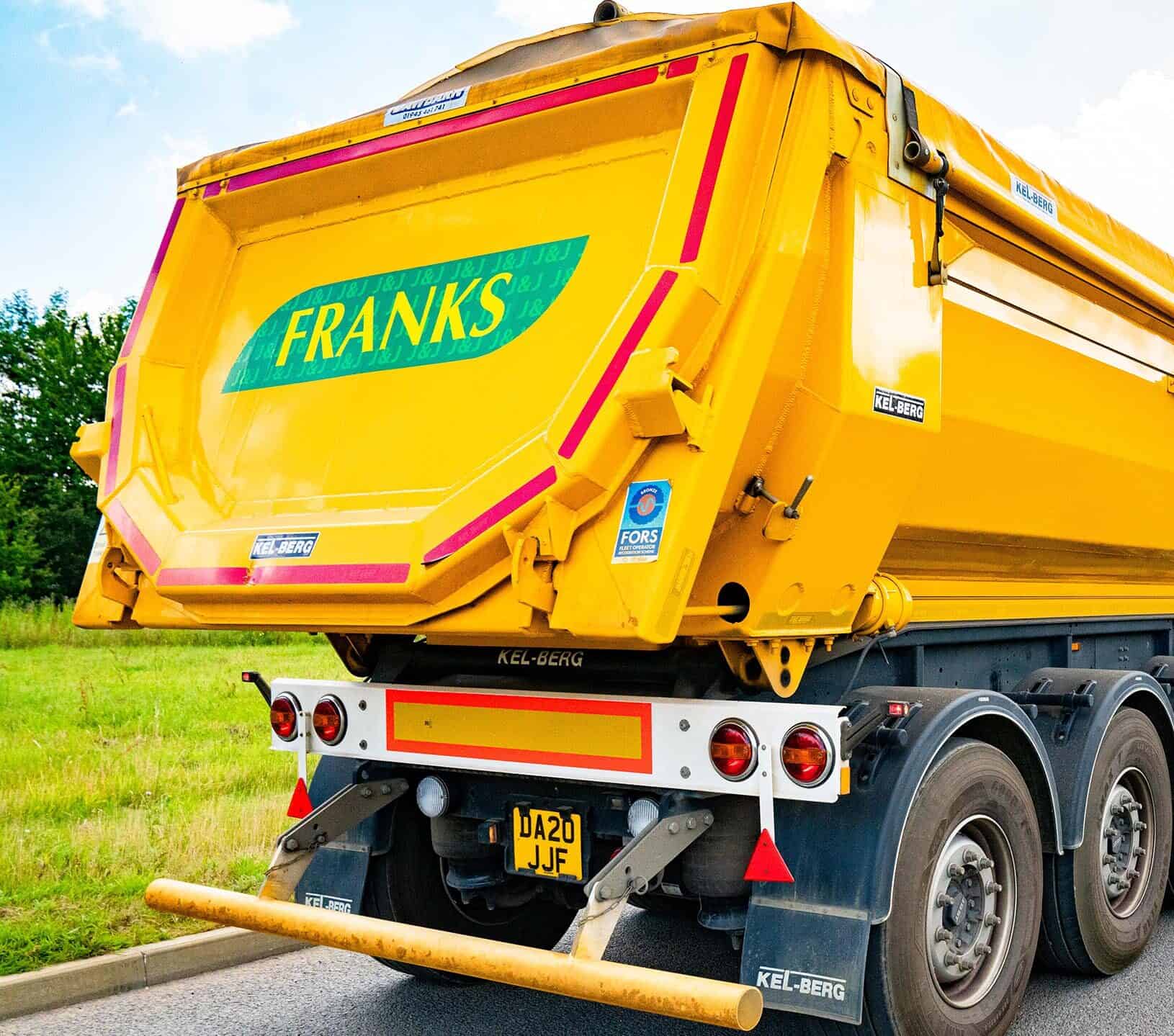The role of sand in brick construction is crucial to a structure’s strength, durability and stability. As a key ingredient in mortar and concrete, it affects how well bricks bond, how long the structure lasts and its resistance to weathering. Selecting the right sand ensures strong, reliable brickwork that meets industry standards. Builders, architects and contractors should understand sand properties to achieve high-quality construction.
The role of sand in strength and durability of brick construction
Sand is essential to the strength and durability of brick construction, as it forms a key component of mortar, which bonds bricks together and provides structural stability. The right sand ensures mortar can support the weight of the bricks while resisting stress and preventing cracks. Coarse sands create stronger bonds, while finer sands improve workability, requiring a balance for optimal performance. High-quality sand minimises shrinkage and allows proper water retention, ensuring the mortar cures correctly. Impurities such as clay or silt can weaken the mix, leading to premature deterioration. Choosing the right sand is vital for creating strong, weather-resistant and long-lasting brick structures.
Types of sand used in brick construction and their differences
The type of sand used in brick construction plays a crucial role in determining mortar quality and structural performance. Sharp sand, also known as grit or builder’s sand, has coarse grains that create strong bonds within the mortar, enhancing adhesion and load-bearing capacity. This makes it ideal for structural masonry work where stability and strength are essential. Soft sand, or bricklaying sand, has finer grains that improve workability and provide a smoother finish, making it suitable for pointing and plastering. However, it lacks the strength of sharp sand, which is why builders often mix the two to achieve a balance between durability and ease of use.
Manufactured sand, produced by crushing rocks and stones, is becoming a more common alternative to natural sand. It offers a controlled grain size and consistency, improving mortar performance while reducing reliance on riverbed extraction, which helps minimise environmental impact. Using manufactured sand supports sustainability while maintaining high construction standards. The choice of sand depends on specific project requirements, including strength, workability and finish, making it essential to select the right type for the best results in brick construction.
The impact of sand quality on mortar bonding and stability
The quality of sand in mortar directly affects how well bricks bond and the overall stability of a structure. The grain size determines the texture and strength of the mix. If sand particles are too fine, the mortar can shrink excessively, leading to cracks, while overly coarse sand may create a weaker bond between bricks. Achieving the right grain size ensures a mortar that is both durable and resistant to structural stress. The mineral composition also plays a role, with silica-rich sands offering better chemical stability. Sands with high levels of contaminants such as clay, silt, or organic matter can weaken the mortar by disrupting the cement hydration process, resulting in weaker joints.
Water retention is another key factor in mortar stability. If sand absorbs too much water, the mortar can dry too quickly, leading to reduced strength. The right moisture balance allows the cement to hydrate properly, improving the bonding process and ensuring long-term durability. Builders must source high-quality, well-graded sand free from impurities to create mortar with optimal performance. Selecting the right sand enhances structural integrity, reducing the risk of deterioration and ensuring that brickwork remains strong and resilient over time.
Environmental and economic considerations in selecting sand for brick construction
The selection of sand for brick construction is not just a technical decision but also an environmental and economic one. Extracting natural sand from riverbeds and quarries can cause habitat destruction, erosion and resource depletion. To counteract these issues, the construction industry is increasingly turning to alternatives such as manufactured sand and recycled aggregates. These sustainable options reduce reliance on virgin sand while maintaining the quality required for mortar production. Locally sourced sand is another responsible choice, as it minimises transportation costs and carbon emissions. Some sands are also processed using environmentally friendly methods, reducing pollution and waste.
Economic considerations are equally important when selecting sand for brick construction. High-quality sand may be more expensive, but it lowers the risk of structural failures and costly repairs in the long run. Cheaper sands containing impurities might seem cost-effective initially, but they can weaken mortar, increase maintenance costs and lead to structural damage. Builders and developers must carefully balance cost, quality and sustainability to ensure they choose the most suitable sand for durable and efficient brick construction.
Ensuring long-lasting and sustainable brickwork
The sand used in brick construction plays a vital role in the strength, durability and stability of buildings. The right sand ensures strong mortar bonding, reduces the risk of cracks and contributes to the overall longevity of brickwork. By selecting high-quality building sand that meets construction standards, builders can ensure that their projects are structurally sound and resistant to environmental factors.
Environmental and economic considerations are also key in choosing the most suitable sand. Sustainable options such as locally sourced and manufactured sand help reduce environmental impact while maintaining the required performance standards. At J&J Franks, we provide high-quality sand products to support durable and responsible construction. By making informed choices about sand selection, builders can enhance the longevity and performance of brickwork while supporting sustainability across the construction industry.









